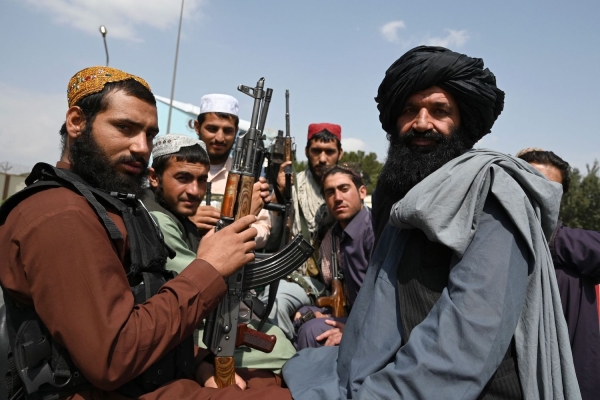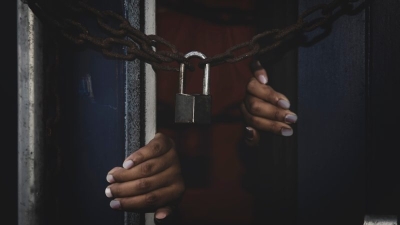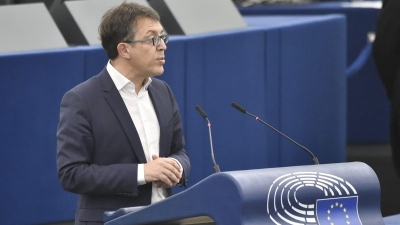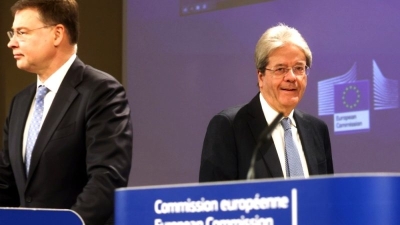Do we need a framework of engagement with the Taliban?

In the last twenty years, the international community poured in trillions of dollars to help build structures, systems, institutions, and processes to stimulate economic activity and create a civil society. However, with the forced and pseudo-government in place now, looking askance at the developments made so far; what happens to those structures, systems, institutions, and processes? Although, Taliban has appointed a caretaker government with several ministers but how those ministers will operate. In the absence of acts, laws, rules, and regulations, the government and leadership remains unclear. Afghanistan had a constitution in place from 1964 to 1973, and then a new constitution was adopted in 2004.
Typically, a constitution pronounces the basic principles of a state and lays down the process for enactment of the laws. Many constitutions also provide boundary conditions for state power, provide exclusive rights to citizens, and state’s obligation to its citizens. In other words, while the Taliban may have military control over Afghanistan, the absence of law and order is defying what constitutes a crime and what does not? There is a high possibility of leading the country to a state of complete anarchy.
Also, how will Afghanistan now be run? U.S. Federal Reserve, International Monetary Fund (IMF), and World Bank have stopped all funding. It is a well-known fact that international donors fund more than eighty per cent of Afghanistan’s budget. Who will pay the salaries of workers? How will schools, hospitals, food grain markets, and service providers operate? Without these, humanitarian efforts become impossible. Given the situation, what is the way forward? Based on the expert views at the conference from the U.S., Afghanistan, and India, the following could be the framework of engagement with the Taliban.
First, there needs to be some mechanism of diplomatic engagement with the international community. There is a question, however, of who would represent Afghanistan in the international community. Along with the charges of being oppressive and tyrannical pseudo-government, what shall the nation stand for in front of the international community? Therefore, it may be important that nations huddle under the aegis of the United Nations. The United Nations should consider appointing a special envoy dedicated to Afghan reconciliation and up-rise against the many crises. The envoy can ensure outreach to certain Taliban representatives to get the systems and institutions working again.
Second, the Taliban seem to have military control over Afghanistan. However, learning from past experiences indicate that no government has effective control over governance of the entire country. In other words, local militia and local leaders often operate independently in their native region. Consequently, the United Nations must engage at the local level to achieve its goal of global harmony, better living standards of people, and promoting human rights. The United Nations envoy may extend its assistance to the local leaders to engage a Loya Jirga (a traditional assembly of local leaders). The Loya Jirga can negotiate with the Taliban to stabilize the situation and basis on which special envoys from countries providing humanitarian aid can work with present dispensation. Through Loya Jirga, government/nations could find ways using local governments to facilitate the delivery of aid.
Third, to ensure the safety and security of the personnel present in Afghanistan, United Nations Peacekeeping Forces may be deployed at least for a reasonable duration of time. The United Nations may send peace-keeping forces in Afghanistan for providing safe passage to those who are leaving the country, the safety of aid providers, special envoys, and personnel involved in helping in the transition of government. Fourth, given the humanitarian situation in Afghanistan, a special United Nations program for helping those in dire need may be required. Specifically, there is a need to develop a mechanism to deliver critical aid without recognizing the Taliban government or eliminating sanctions through a unique UN program. Afghanistan was receiving nearly $1 billion in aid every month from the international community, and as per a Bloomberg report, it was to receive nearly $1.2 billion last month. However, without a unique program in place, the various forms of assistance cannot materialize.
AdvertisementFurthermore, without the presence of United Nations peace-keeping forces and a special envoy to monitor, the aid cannot make it to those who need it and deserve it. Finally, United Nations’ representatives may need to work and negotiate with the Taliban for scheduling elections at an appropriate time. This will help restore the nation-state of Afghanistan and help in legitimizing the authority of the government. Since the gradual collapse of monarchies, the nation-state has emerged as the principal building block of international engagements and the people’s voice. While armed militias and suicide brigades may be able to overthrow governments, governing the populace requires more than arms and ammunition. Consequently, it may be in the best interest of all those concerned to begin the process of engagement. Allowing the situation to fester will only result in sub-optimal outcomes for all and ensure a “lose-lose” situation.
- Authors: Professor Dheeraj Sharma, Director IIM Rohtak and Dr Marvin G. Weinbaum, Middle East Institute
- Views expressed are personal.
Share this article:



